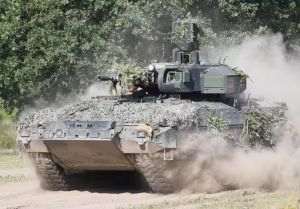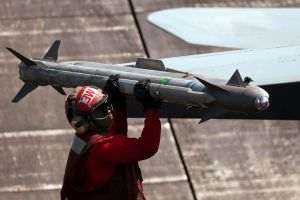• No investments are being made in the agricultural sector, because there are no deeds of ownership for the lands
• Romanian farmers and villages are the poorest in Europe
Romania is a country that has no cadastre for most of its farmland, and potential investors aren"t doing business in the Romanian agricultural sector because there are no deeds of ownership, former presidential advisor Theodor Stolojan said in a seminar. According to him, the Government has a plan to set up a registry of the plots of land used for farming and forestry with a budget of about 0.5 billion Euros.
The second issue raised by the first vice-president of the PD-L is the high price of agricultural products, and added that there is a need for an exchange of grains in order to help setting prices for them.
The insufficient level of absorption of agricultural funds is another important topic, brought up by member of the European Parliament Viorica Dăncilă. She said that the low rate of absorption of European funds could lead to a reduction in the volume of funding for the agricultural sector allocated to other countries. Mrs. Dăncilă considers that there is a need for a medium and long term strategy for attracting European funds and for helping agriculture grow: "I think that we do not yet have a strategy in this sector, because it would have become visible on a European level until now. I think that emphasis is currently being placed on politicization, which is hindering the absorption of European grants. Romanian farmers and villages are the poorest in Europe". She also considers that subsidies are an essential factor in the growth of the agricultural sector. Besides, according to Rareş Niculescu, the vice-president of the Agricultural Commission of the European Parliament, one of the main issues targeted in the Common Agricultural Policy, which is currently being debated, is represented by direct payments. In his opinion, they are essential for the modernization of the sector. Barna Tanczoş, Secretary of State in the Ministry of Agriculture and Rural Development (MADR), claims that subsidies aren"t the main issue that the authorities should concern themselves with. He stressed that, even though the MADR has strategies for this segment, it does not have detailed strategies for each product. According to Mr. Tanczoş, the Ministry has set an objective of helping the grains, fruit and vegetables, and viticulture sectors grow by 2013. When it comes to stockbreeding, sectors which have priority include pigs, milk, poultry and cows bred for meat. "Romania is not consistent enough when it comes to prioritizing sectors. A lot of changes have occurred in the agricultural sector, as a result of political changes, which is confusing to people in the business", the official of the Ministry added.
The officials present at the event said that, some of the factors that need to be taken into consideration in the Common Agricultural Policy, include the ecological component of the sector, productivity, market liberalization, pricing, payment per hectare, innovation, food safety, as well as product labeling.

























































